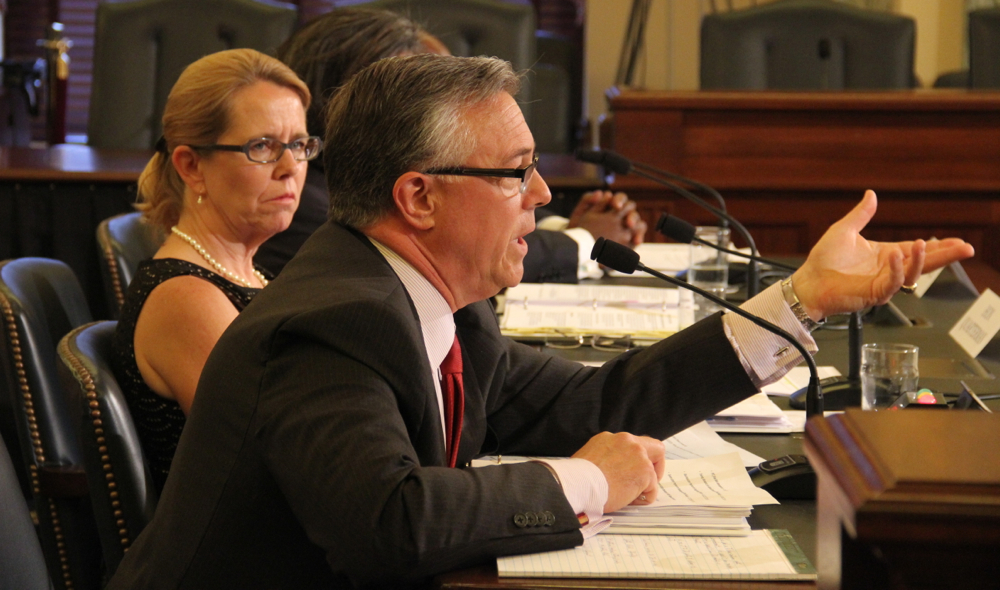WASHINGTON – Calling the need for increased safety fines “blatantly obvious,” rail advocacy groups are backing Sen. Richard Blumenthal’s push to raise fines for commuter rail safety violations in the wake of a series of fatal train crashes.
“If the railroads knew they had to pay something out, they would certainly take a more sincere approach [to safety],” said Bob Manning, president of the Southwest Passenger Rail Association, an advocacy group that promotes the benefits and safety of passenger rail.
Outraged over a string of fatal train accidents that occurred in the Northeast last year, Blumenthal, a Democrat from Connecticut, grilled Federal Railroad Administrator Joseph C. Szabo Tuesday on why the fines aren’t more severe at a Senate subcommittee hearing on surface transportation infrastructure and safety.
Blumenthal cited the $5,000 penalty imposed on Metro-North, a commuter rail that provides service between New York City and Connecticut, in the May 28, 2013, death of a track foreman who was struck and killed by a passenger trains in West Haven, Connecticut. He described the fine as “extraordinarily low.”
“One of the [penalties] applied to Robert Luden, a Metro-North worker killed on the tracks near West Haven, is a result of a senseless and needless neglect of safety by Metro-North,” Blumenthal said, chairman of the Senate subcommittee.
Manning said he hopes the FRA, which regulates the railroad industry, will step up its safety efforts because the number of accidents is “just getting to be ridiculous.”
In a Dec. 1 accident, a Metro-North passenger train derailed in the Bronx in New York, killing four people and injuring 59 others when the train’s engineer fell asleep at the controls.
The investigations of two other Metro-North accidents – a Bridgeport, Connecticut derailment last year on May 17, and a July 18 accident, again in the Bronx – are ongoing.
The National Association of Railroad Passengers also supports raising fines for safety violations, but NARP Vice President Sean Jeans-Gail said he isn’t sure the fear of fines would be enough to improve “the culture of rail safety.”
“I think it really does have to do with valuing human life,” Jeans-Gail said. “If the loss of human life isn’t going to motivate you, then multiplying a $5,000 fine to $10,000, $15,000 or $20,000 isn’t going to do it either.”
Before fines are raised, he added, the focus should first be on Congress to find money so the FRA can better enforce the fines.
“If you’re going to increase the stick part of the equation, I would like them to see address the inefficiency of carrots,” Jeans-Gail said.
Szabo agreed that part of the problem is a lack of rail funding, and if a four-year $302 billion transportation infrastructure proposal is implemented, he’d have the tools to improve rail safety.
Proposed by President Barack Obama in April, the measure would allocate $2.35 billion to provide commuter rail lines with advanced rail technology that slows or stops trains before accidents occur and increase the FRA’s authority to regulate operating hours to address employee fatigue.
At the hearing, Szabo told the subcommittee members that he will provide them with an estimate of what he needs to better enforce the fines.

